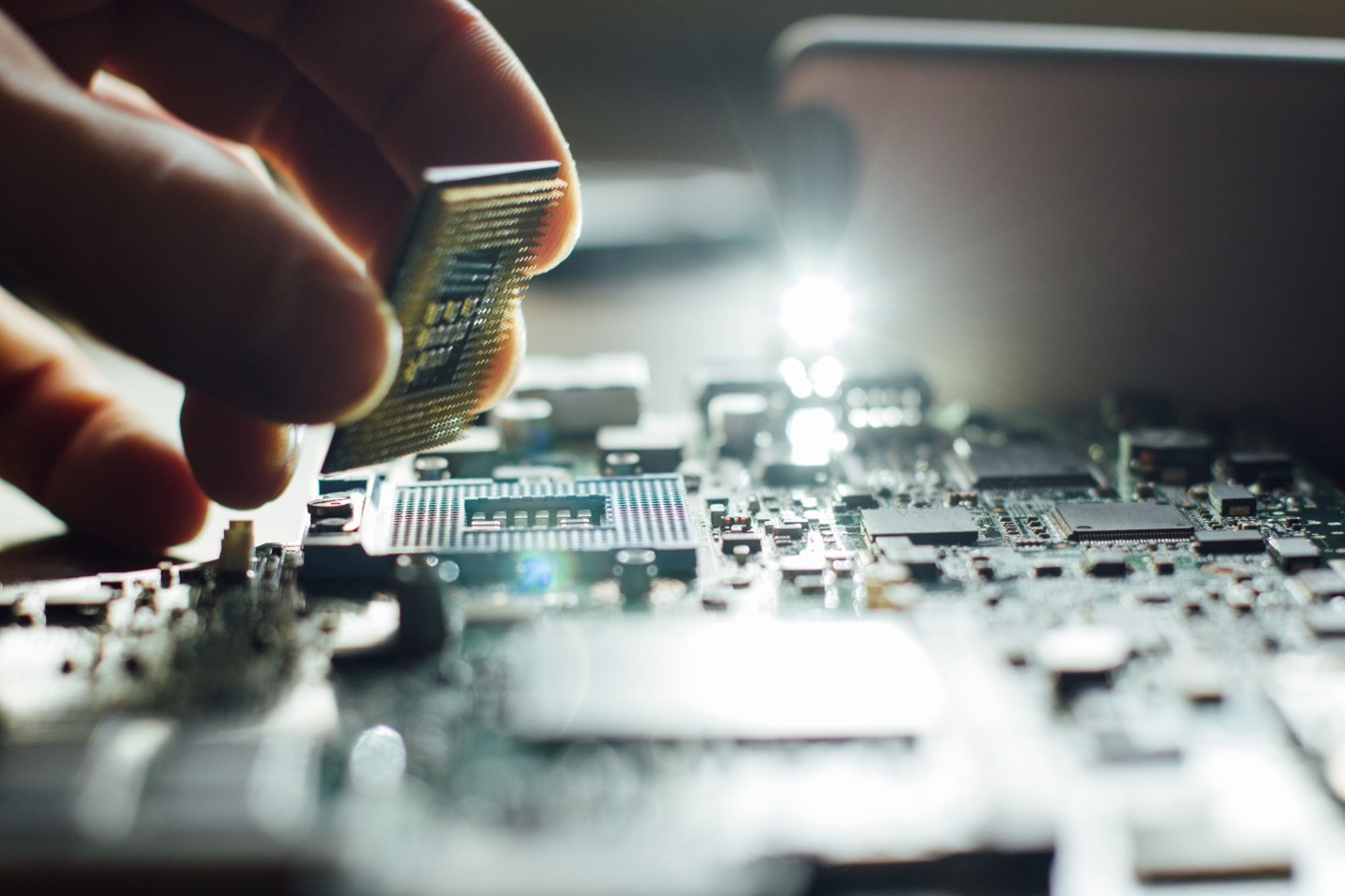
Hall effect current sensors appear in countless industrial and commercial applications. From power plants to automotive engines, such devices are essential for detecting and monitoring current levels. With their accuracy and reliability, hall effect current sensors are a great option for many projects. Let’s find out what their purpose is.
1. The Hall Effect
Hall effect current sensors use a phenomenon in which electrons experience a force when traveling perpendicular to an electric and magnetic field. When current passes through the sensor, the magnetic field causes voltage generation across its two terminals. This voltage is directly proportional to the current flowing through it. This voltage can then be measured and analyzed, making the hall effect current sensor a valuable tool for measuring currents.
Hall effect current sensors are highly efficient, with output error as low as 1%, according to All About Circuits. This low error makes them a great choice for projects that require precise current measurements. Additionally, they are also resistant to electromagnetic interference, as well as noise and vibration. These properties make hall effect current sensors the perfect tool for measuring current in fluctuating, high-voltage environments.
2. Measurement Applications
Hall effect current sensors are a good choice for many measurement applications. For example, they can measure the current in an electric motor, allowing for the monitoring of power output and temperature. You can also use them to measure the current in an industrial welding process, as well as in automotive applications.
Hall effect current sensors are also great for monitoring the current in most AC and DC electrical systems. Therefore, you’ll see them in turbine generators and power plants. They can also be used in medical, aerospace, and aviation applications.
3. Detect Objects
Hall effect current sensors can detect objects. By placing the sensor near the object, they will detect any current changes that occur when the object is near. This ability makes them a great tool for automation and robotics applications, as they can help detect objects that are otherwise hard to see.
The objects that hall effect current sensors can detect are virtually limitless. From metal objects and liquids to electronic components, these sensors have a wide range of applications. They can also detect objects in hazardous environments, such as chemical plants and nuclear reactors.
4. Home Appliances
Did you know this technology is present right in your home? Hall effect current sensors can be found in your washing machines and refrigerators, helping them to sense the electrical load. This allows for more efficient and environmentally friendly operation, as the appliance can adjust its power output depending on what is needed.
For example, your refrigerator may sense a high electrical load when you open the door. It will then adjust its power output accordingly, to reduce energy consumption and improve efficiency. Hall effect current sensors are also used in many other home appliances, such as dishwashers and air conditioners.
5. Automobiles
You’ll find these sensors in cars. They’re used to monitor the brakes, allowing for more precise and reliable braking performance. This is especially important in high-performance cars, as precise braking is critical for maintaining control. Anti-lock braking systems also make use of these sensors, allowing for quicker braking and improved safety.
The sensors also show up in tire pressure monitoring systems, helping alert the driver if the pressure in any of the tires is too low. This is important for safety, as low tire pressure can cause poor handling and decreased fuel efficiency.
Car windows also use hall effect current sensors to detect if a window is open or closed. This helps the car determine when air conditioning should be used.
Hall effect current sensors are an indispensable tool for measuring and detecting currents. With their accuracy and reliability, these sensors are used in a variety of industries, from automotive and medical, to aerospace and industrial applications. They are also present all around us, helping to make our homes and cars safer and more efficient. So the next time you step on the brakes or open your refrigerator, just remember that hall effect current sensors are at work. If you need some for your business, contact our team at Aim Dynamics for more information today.








